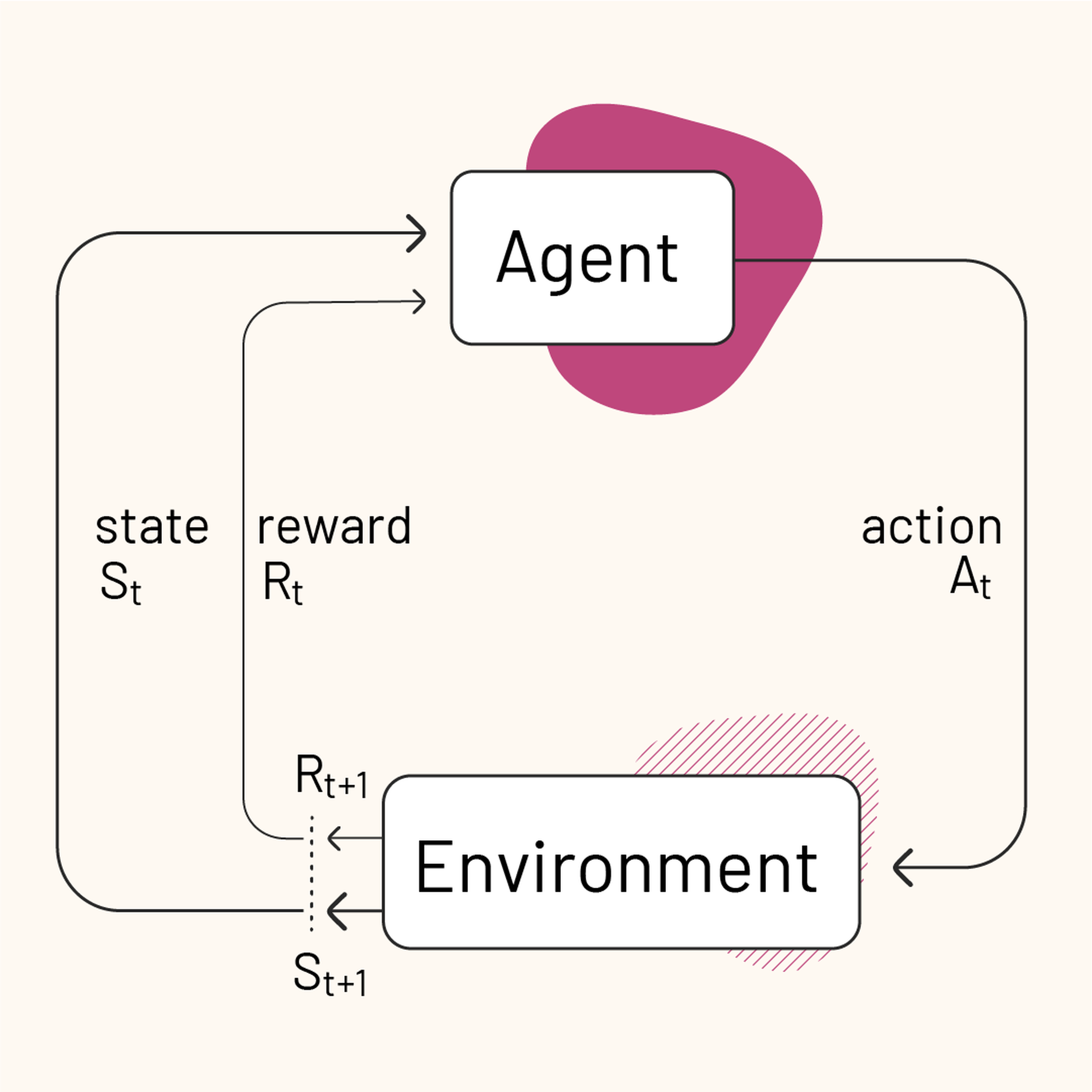20+ Years of Groundbreaking AI
Amii is one of Canada’s three National AI Institutes under the Pan-Canadian AI Strategy.
Since 2002, our researchers have developed and contributed to groundbreaking research that has advanced the world’s understanding and use of AI.
Landmark
Research
1994
Chinook
Chinook becomes the first AI to solve checkers, setting a new standard in AI game-solving and inspiring future research into complex strategy and decision-making. This was the first computer program to win a world championship title in a competition against humans in any game.
2006
UCT Algorithm
Amii researcher Csaba Szepesvári co-invented UCT, an influential ML algorithm at the heart of many advancements in games research, including AlphaGo.
2006-2015
AAAI Computer Poker
The University of Alberta team dominates the AAAI computer poker competitions, winning 23 of 39 events over the first decade.
2007
Checkers
Checkers is officially solved by a team led by Jonathan Schaeffer, including Neil Burch and Martin Müller. This announcement marked the solution to a question that had been pursued for decades, and at the time was the most complex popular game to be solved.
2008
Polaris
Polaris becomes one of the first AI programs to compete against professional poker players, advancing the capability of AI to handle hidden information and adapt strategies in real-time.
2013
Atari Benchmark
The Atari benchmark provides a worldwide testbed for reinforcement learning, establishing a new standard for evaluating and advancing AI’s decision-making abilities.
2015
Cepheus
Cepheus becomes the first AI to solve heads-up limit Texas Hold’em Poker, achieving an unbeatable strategy through advanced counterfactual regret minimization.
2016
AlphaGo
AlphaGo makes history by defeating the world’s top Go player, further demonstrating the ability of AI to reach into complex strategic games.
2017
DeepStack
DeepStack is the first AI to beat professional players in no-limit Texas Hold’em Poker, advancing decision-making in environments with incomplete information.
2017
Reinforcement Learning: An Introduction - Second Edition
Richard S. Sutton deepens his influence as a globally renowned leader in reinforcement learning with the release of the second edition of his textbook.
Research Area of Expertise
Reinforcement Learning (RL)
Amii is a global leader in reinforcement learning (RL).
Unlike traditional AI, RL-powered systems don’t just follow rules—they learn from experience and improve over time. This ability to adapt, optimize, and make decisions in complex situations makes RL a critical technology for shaping the future of AI-driven solutions in everyday life.

Research Areas
Reinforcement Learning (RL)
AI methods that learn optimal actions through trial and reward.
Deep Learning (DL)
Advanced AI methods that use neural networks to uncover complex patterns in data
Machine Learning (ML)
Core techniques for data-driven modelling and predictions
Heuristic Search
Algorithms for problem-solving and approximate optimization in complex systems
Trustworthy AI
Ensuring reliability, fairness, and safety in AI applications
Explainable AI (XAI)
Making AI outputs and processes transparent and understandable
Natural Language Processing (NLP)
AI techniques for language understanding and generation, including Large Language Models
Computer Vision
AI methods for image and video analysis, including medical imaging
Robotics & Autonomous Systems
AI-driven systems for physical interaction, learning, and autonomous operation
Generative AI
AI models that produce new content, like text, images, and music, using GANs, diffusion models, and transformers
Frontier AI Models
Advanced approaches combining multimodal systems and cutting-edge reinforcement learning
AI for Health & Life Sciences
Applications in precision health, medical imaging, neuroscience, and rehabilitation
AI for Energy & Environment
Optimizing energy systems, agriculture, and environmental sustainability
AI for Social Sciences
Understanding human behaviour
AI for Natural Sciences
Applying AI to scientific discovery in fields like physics, chemistry, biology, earth sciences, etc.
AI for Human-AI Interaction
Enhancing human-machine collaboration, assistive technologies, and user experience
AI Ethics & Policy
Addressing ethical considerations, governance, fairness, and safety in AI deployment
AI in Gaming & Game Theory
AI applications in strategic decision-making, game design, and entertainment
Academic Partners
University of Alberta
Since our inception, we have increased AI research capacity at the University of Alberta from four co-founding members to 37 Fellows (including 27 Canada CIFAR AI Chairs).
Affiliate Post-Secondaries
We have also welcomed nine Canada CIFAR AI Chairs at affiliate universities across Canada, including:
AI Pathways Partners
Amii is proud to support the AI Pathways Partnership by helping design career-focused education programs that equip Albertans with the AI skills needed to thrive in a fast-changing economy.
Athabasca University
Bow Valley College
Concordia University of Edmonton
NorQuest College

